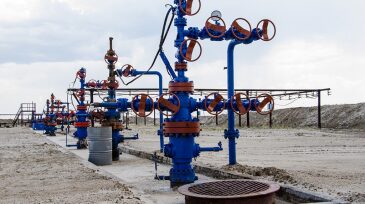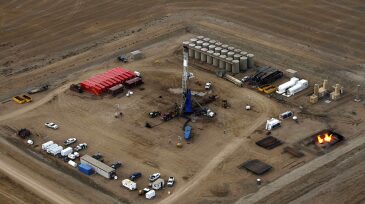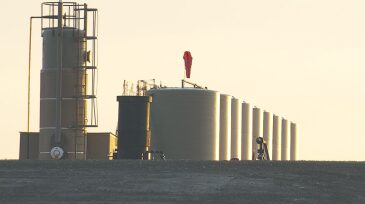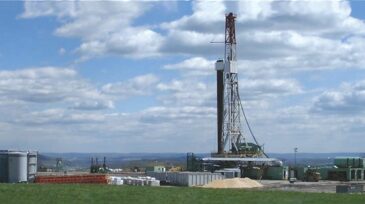methane
-
ExxonMobil announced an enhanced program to reduce methane emissions from its production and midstream facilities across the US. The program includes a commitment to switch out more than 1,000 high-bleed pneumatic devices over 3 years.
-
Three experts from different sectors discussed the challenge of methane and regulation at the first panel session of the 2017 SPE Health, Safety, Security, Environment, and Social Responsibility Conference–North America in New Orleans.
-
The US EPA’s 2016 New Source Performance Standards updated the 2012 standards by adding requirements for the industry to reduce greenhouse gas emissions, specifically methane. The 2016 NSPS also covers hydraulically fractured oil wells and production, processing, transmission and storage activities.
-
A floating gas-extraction facility was constructed to extract gas-laden water, separate the CH4 and some of the CO2, and reinject the degassed water, thus increasing the safety of the lake and simultaneously providing CH4.
-
The importance of reducing emissions of methane, a short-lasting but powerful atmospheric greenhouse gas (GHG), received close attention from panelists at an IHS CERAWeek strategic dialogue, Tightening the Valves on Global Methane Emissions.
-
The US government is working on regulations to reduce oil industry methane emissions by more than 40% over the next 10 years.
-
The rapid development of shale formations over the past decade has led the United States to become the world’s undisputed leader in natural gas production.
-
Seizing on historic margins in domestic prices, North American oil and gas companies are increasing their efforts to use more natural gas and less diesel fuel to power their field operations.
Page 7 of 7








